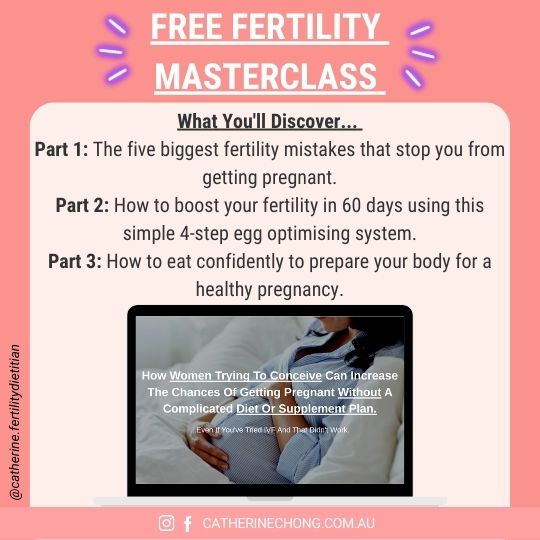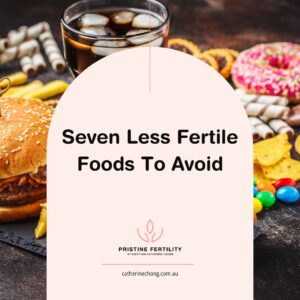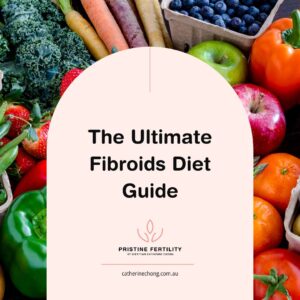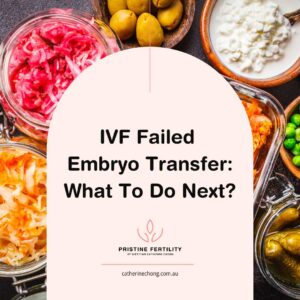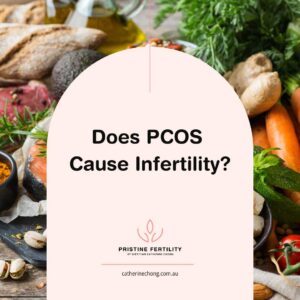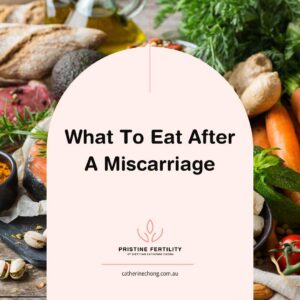Expert Advice on Boosting Fertility: Navigating the Trying to Conceive Journey Successfully
Are you and your partner trying to conceive but facing difficulty? If so, you’re not alone. Many couples experience challenges when it comes to fertility. The journey to parenthood is a deeply personal and hopeful endeavour. Understanding how to boost your fertility is a crucial step in this journey. Fortunately, there are natural ways to increase your chances of conception. This article will explore five essential tips to enhance fertility naturally.
Tip 1: Nourish Your Body for Fertility
Maintaining a healthy lifestyle is the cornerstone of fertility enhancement. To begin, we need to focus on two fundamental aspects.
Diet
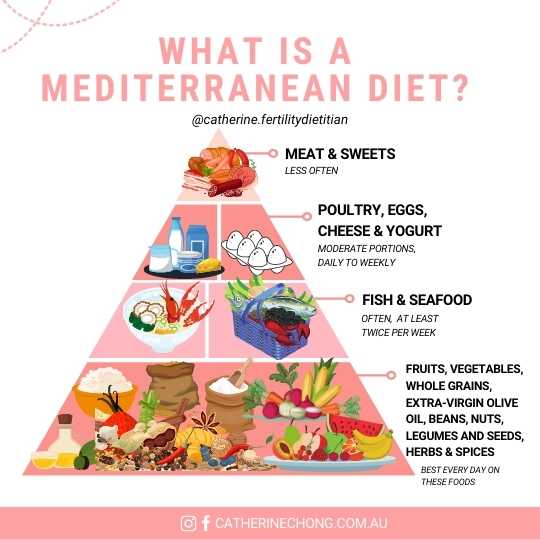
When working to optimise fertility, dietary choices are the building blocks. Eating for fertility requires meticulous planning to develop a well-designed meal plan that will improve your chances when trying to conceive. Consuming a wide variety of nutritious foods is essential, such as leafy greens for folate, berries for antioxidants, seeds for vitamin E, avocados, and fatty fish for omega-3 and other healthy fats.
Incorporating a variety of fruits, vegetables, whole grains, and lean or plant proteins into your meals provides essential vitamins and minerals that support reproductive function.
Exercise
Regular physical activity is critical to improving blood circulation and balancing hormones, which play pivotal roles in fertility. In men, exercise helps with insulin resistance and improves erectile function. For women, exercise affects ovulation, metabolic functions, and hormone regulation. Find an exercise routine that suits you, whether walking, swimming, or cycling. Strive for at least 30 minutes of moderate exercise each day.
Tip 2: Manage Stress, Boost Fertility
Stress, the quiet adversary of fertility, often accompanies an infertility diagnosis, a profoundly emotional journey. Counselling and psychological interventions have emerged as powerful tools to support you during treatment, effectively reducing distress and potentially increasing pregnancy rates.
Stress-Relieving Activities
Discover stress-management strategies that align harmoniously with your inner self. Whether you find solace in the gentle flow of yoga, the serenity of meditation, the rejuvenation of deep breathing exercises, or simply basking in nature – see what brings you inner peace.
Mindfulness-Based Interventions (MBIs) have garnered recognition for their efficacy in alleviating emotional distress across various challenges, providing essential support to women navigating the complex dynamic landscape of infertility.
Mindfulness facilitates engaging with, becoming aware of, and comprehending experiences compassionately and open-mindedly. These activities offer pathways for coping, helping reduce stress levels and create a harmonious environment for conception.
Tip 3: Consider Fertility-Boosting Supplements
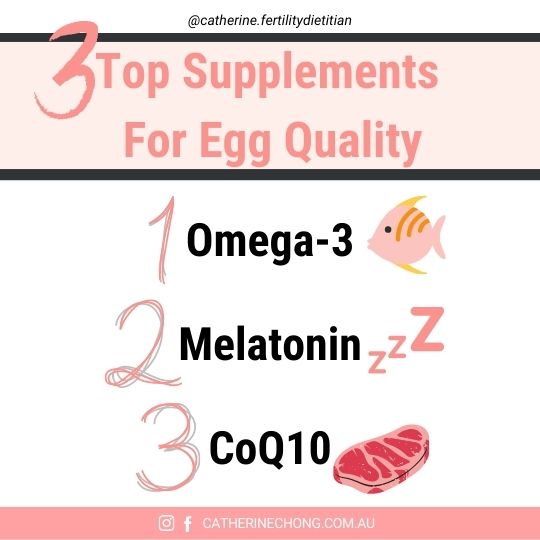
In addition to maintaining a healthy lifestyle, certain supplements have been shown to enhance fertility. However, it’s essential to consult a healthcare professional before starting new supplements, as they may interact with medications or have potential side effects.
Some supplements that may boost fertility include:
- Folic Acid: is essential for fetal development, can help prevent certain birth defects and has also been linked to a higher chance of conception through assisted reproductive technology (ART).
- Coenzyme Q10: can improve sperm and egg quality, fertility outcomes, and increased clinical pregnancy rates.
- Omega-3: Studies have shown that omega-3 is essential for the early stages of egg development and embryo implantation. Also, including omega-3-rich foods like salmon, trout, sardines, and mackerel in your diet while cutting down on trans-fats can boost female fertility and improve the chances of success in IVF treatments.
Remember that each person’s body is unique, so knowing which supplements best match your needs is crucial. A dietitian can help with this.
Tip 4: Timing is Everything – Understand Your Ovulation Cycle
Exploring the intricacies of your menstrual cycle and mastering the art of ovulation tracking can be a game-changer in your conception journey. Ovulation, that pivotal moment when an egg is released from the ovary, usually unfolds around the middle of your cycle. Various techniques can help you pinpoint ovulation accurately.
- Basal body temperature charting: Recording your morning temperature can reveal a subtle rise post-ovulation.
- Ovulation predictor kits: These handy tools pick up the luteinising hormone (LH) surge, signalling impending ovulation.
- Cervical mucus monitoring: Keeping an eye on cervical mucus changes offers insights into your ovulation timing.
By learning your ovulation cycle and aligning intimacy with the right moments, you can optimise your chances while trying to conceive, bringing you one step closer to your goal.
Tip 5: Avoid Harmful Substances
Lastly, be mindful of factors that can hinder your fertility. Say no to harmful substances by avoiding smoking, excessive alcohol consumption, and exposure to harmful chemicals that can interfere with fertility such as BPA. It’s imperative to boycott these substances to create a conducive environment for conception.
The Bottom Line
- Enhance your conception odds by understanding fertility basics including your unique diet, exercise and supplementation needs.
- Actively manage stress through mindfulness and stress-relief practices.
- Safeguard fertility by steering clear of harmful substances like smoking and excessive alcohol.
Need More Help?
Don’t navigate this journey alone. Schedule a personalised nutrition consultation today. Let’s clear the confusion together and boost your fertility naturally.
You May Also Be Interested In
Disclaimer: Content on this website is provided for information purposes only and should not be replaced with medical advice. We recommend you discuss with your healthcare providers (doctor, dietitian, pharmacist, etc.) any medical questions for diagnosis and treatment, dietary plan, or use of any medications and nutritional supplements before you make any changes. DietitianChong Pty Ltd shall not bear any liability for reliance by any user on the materials contained on this website.

